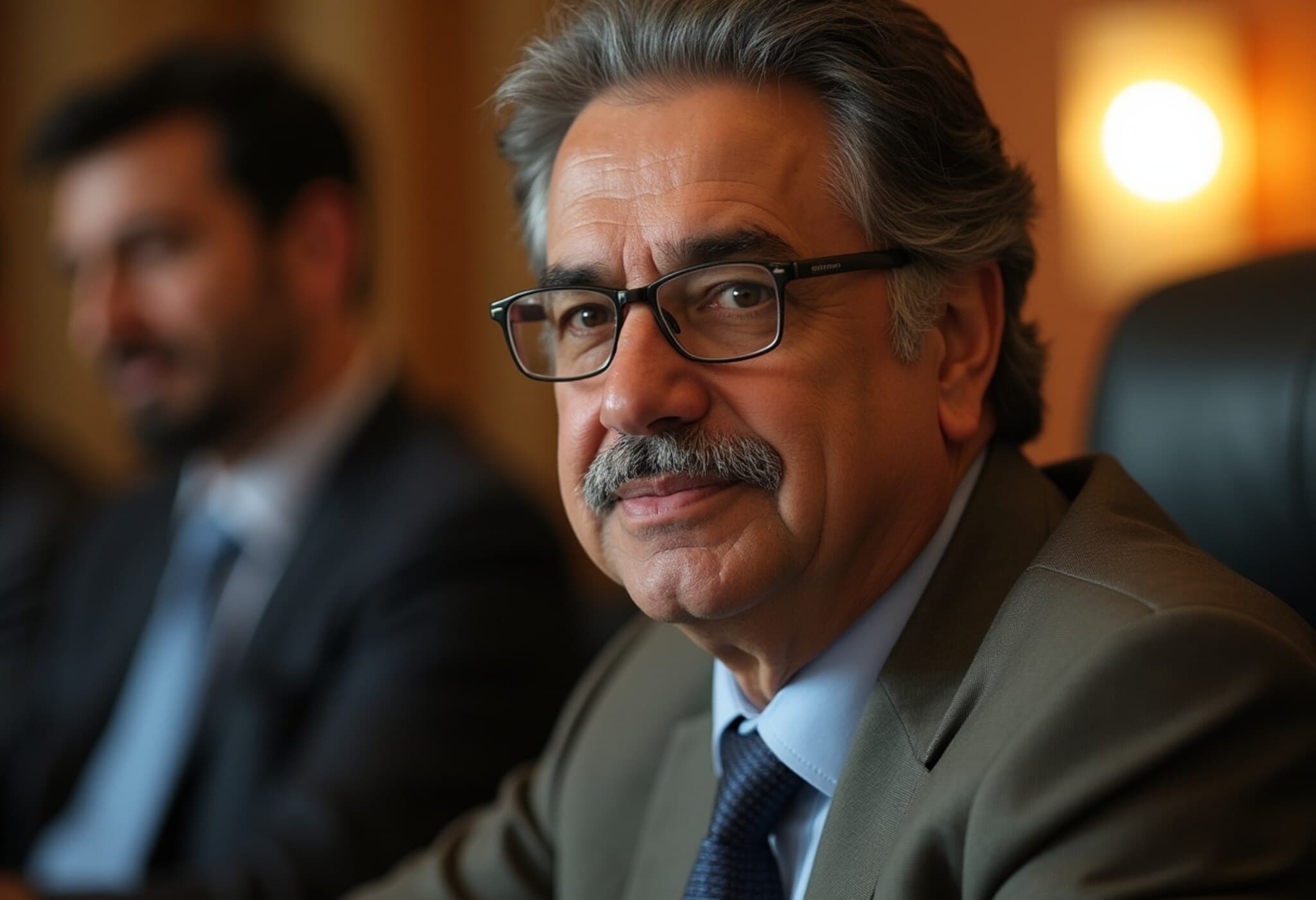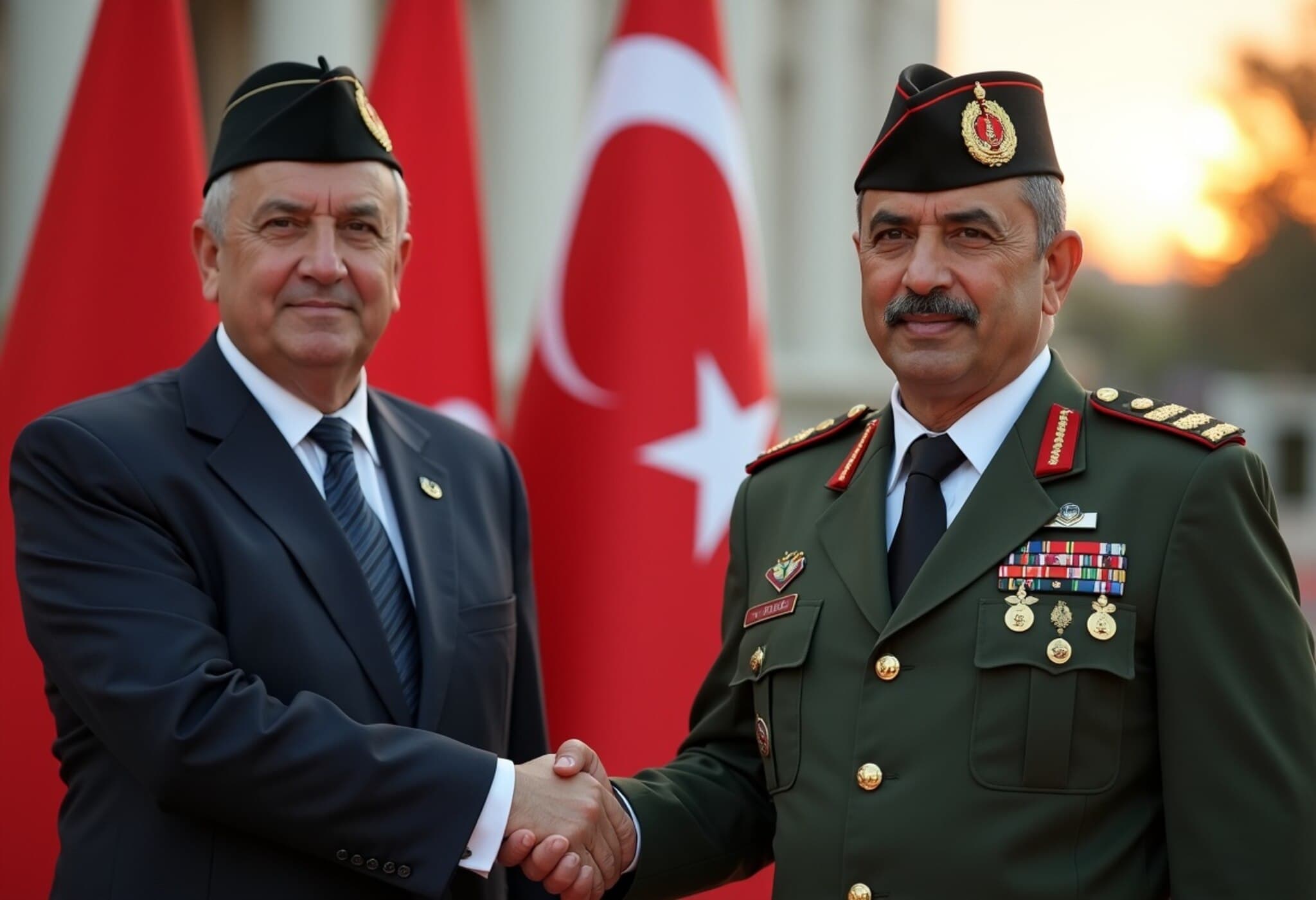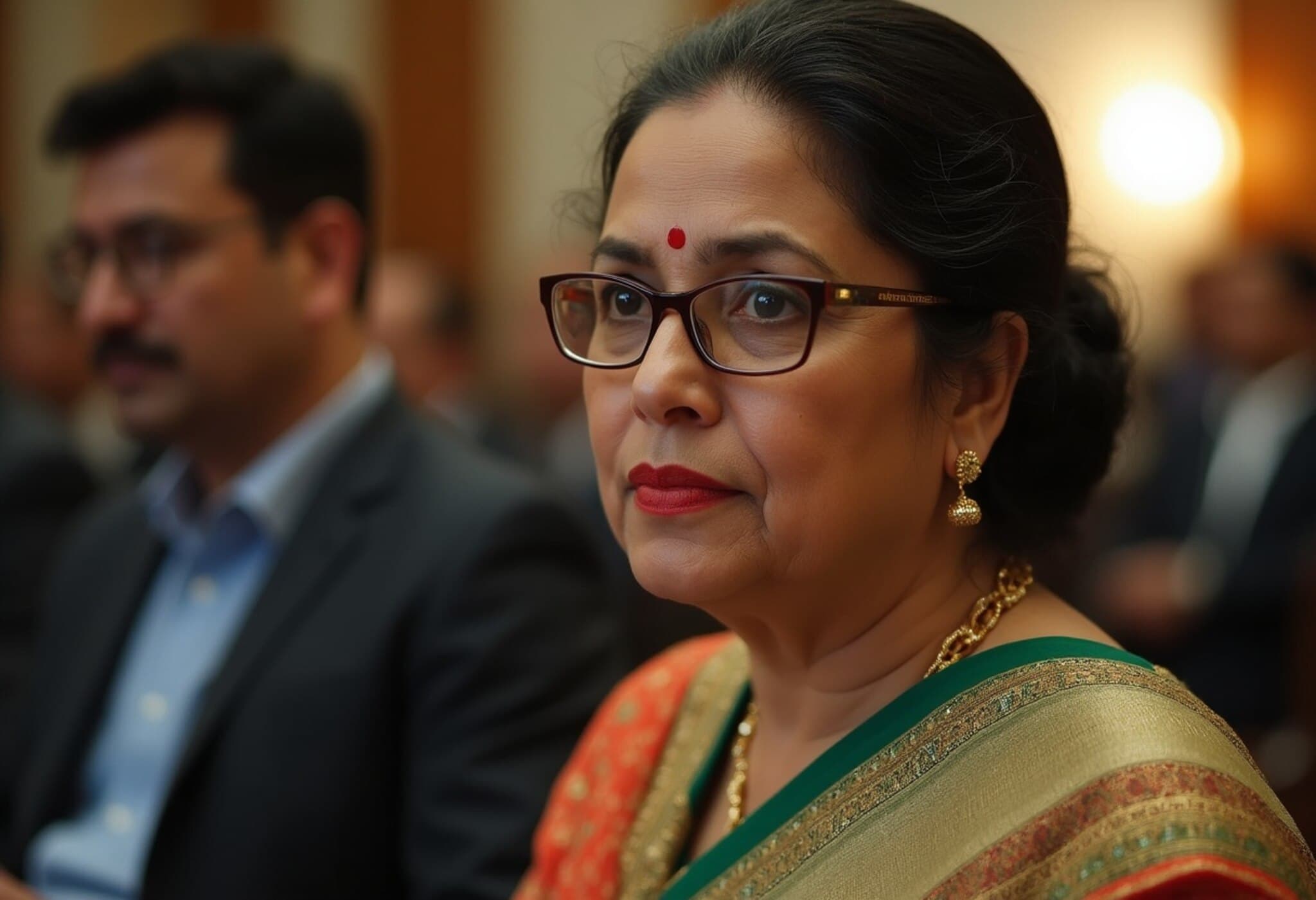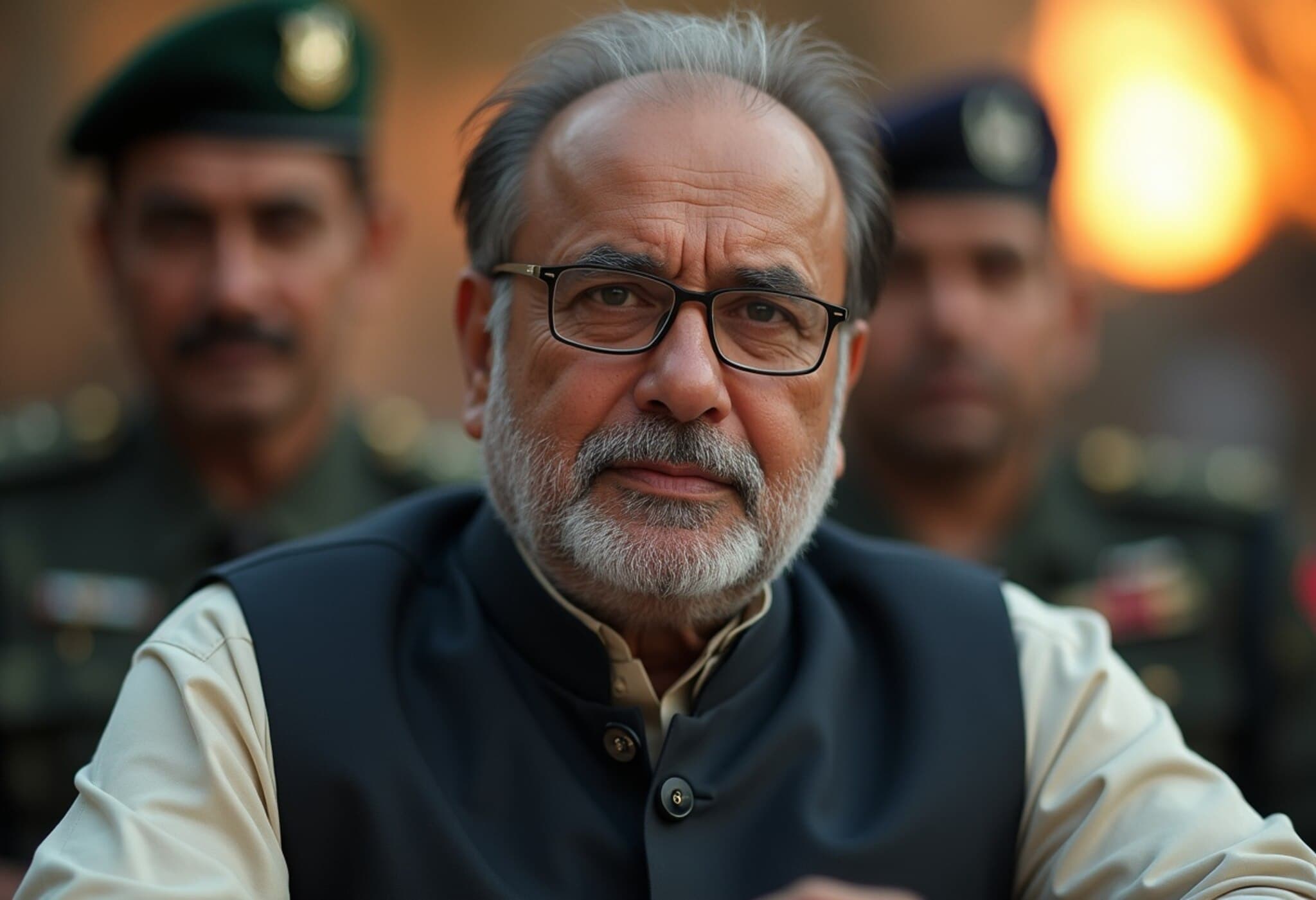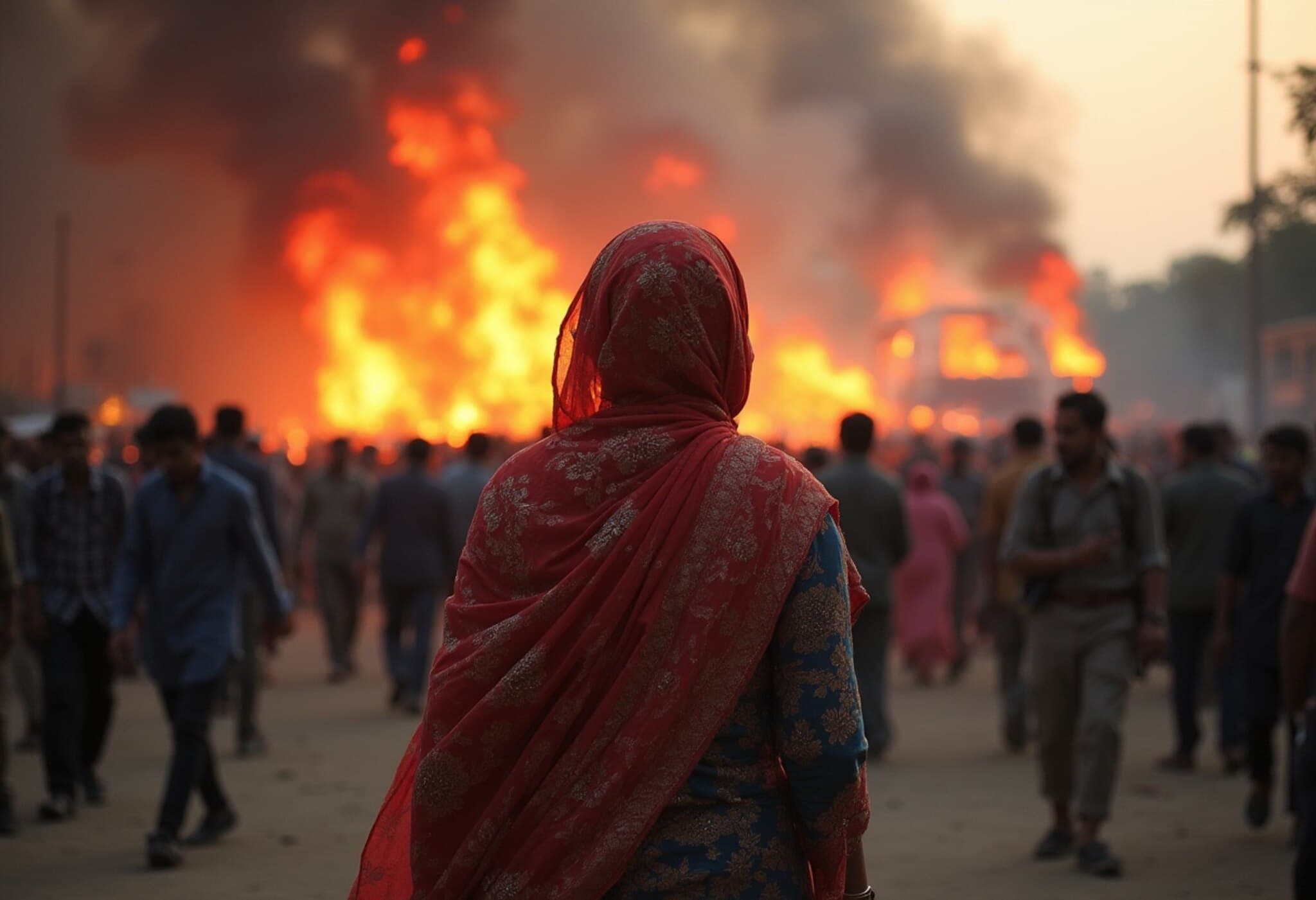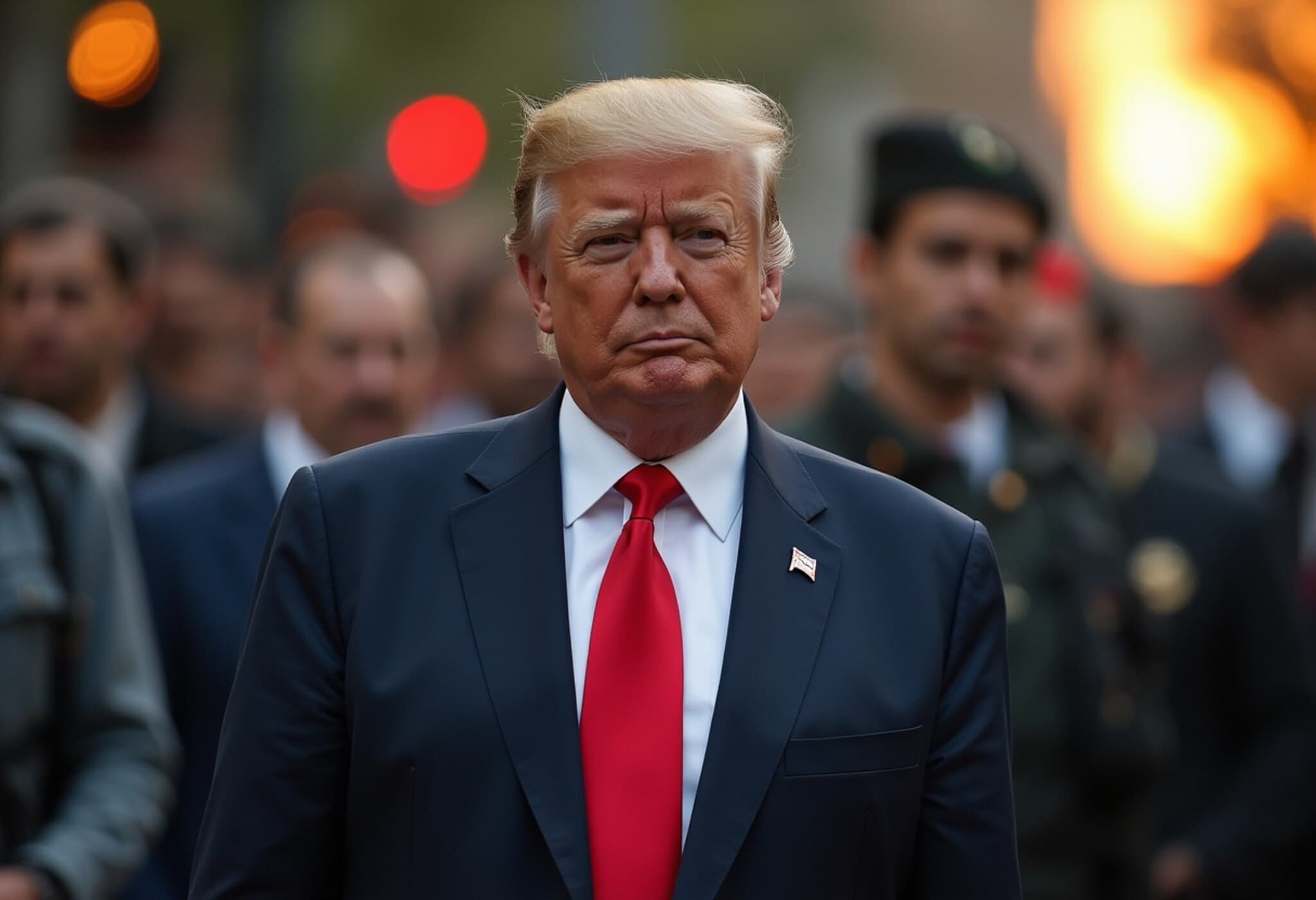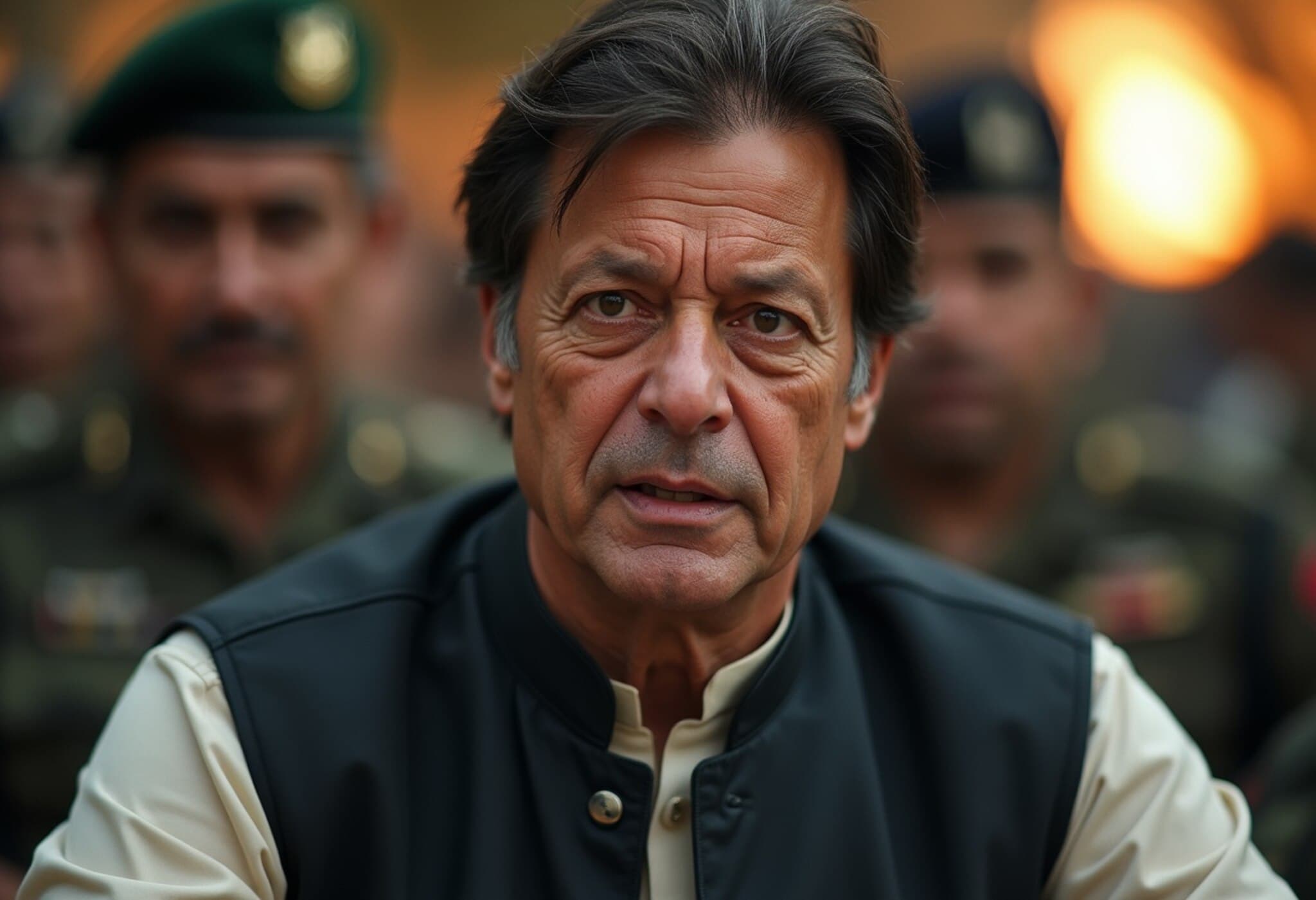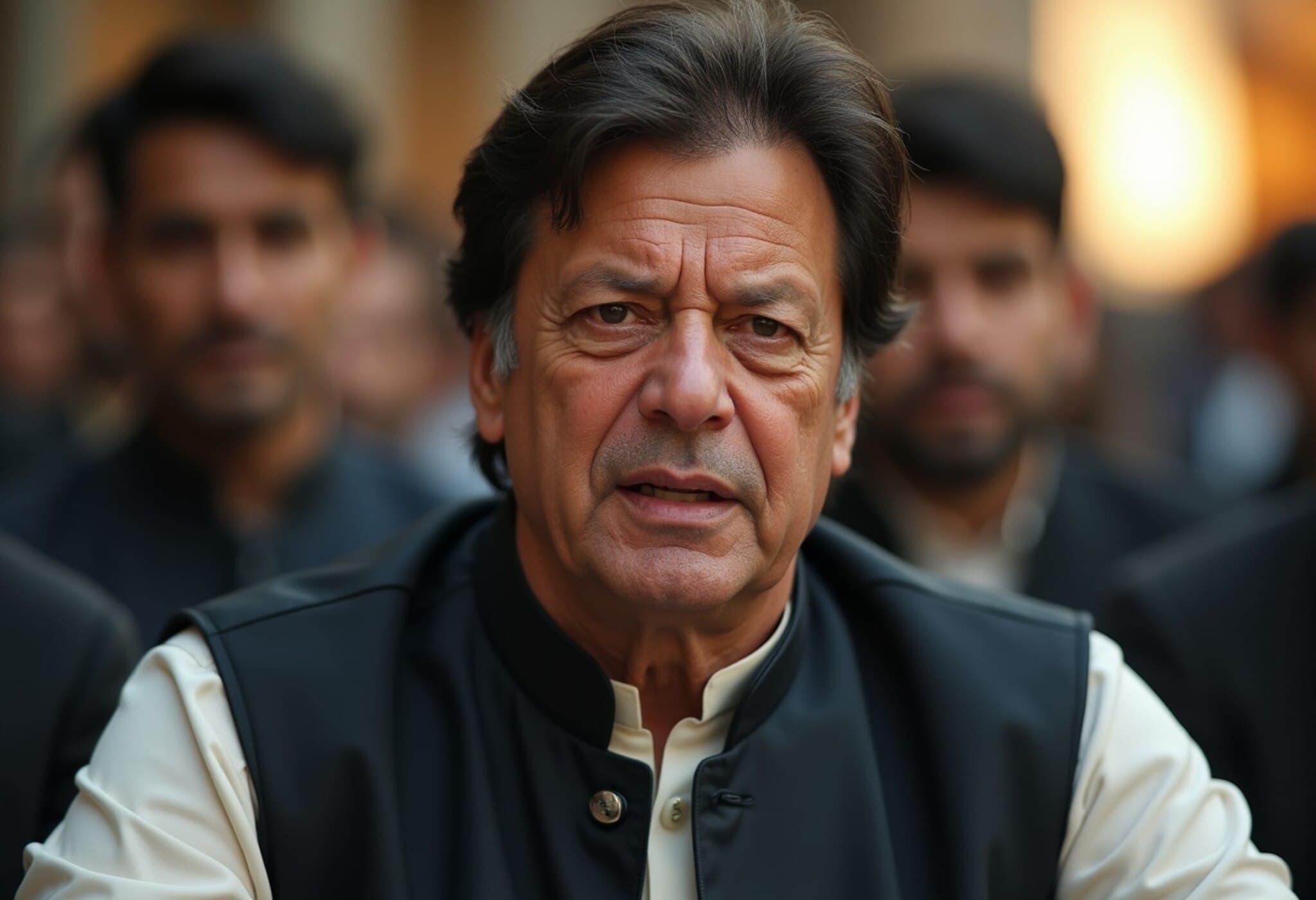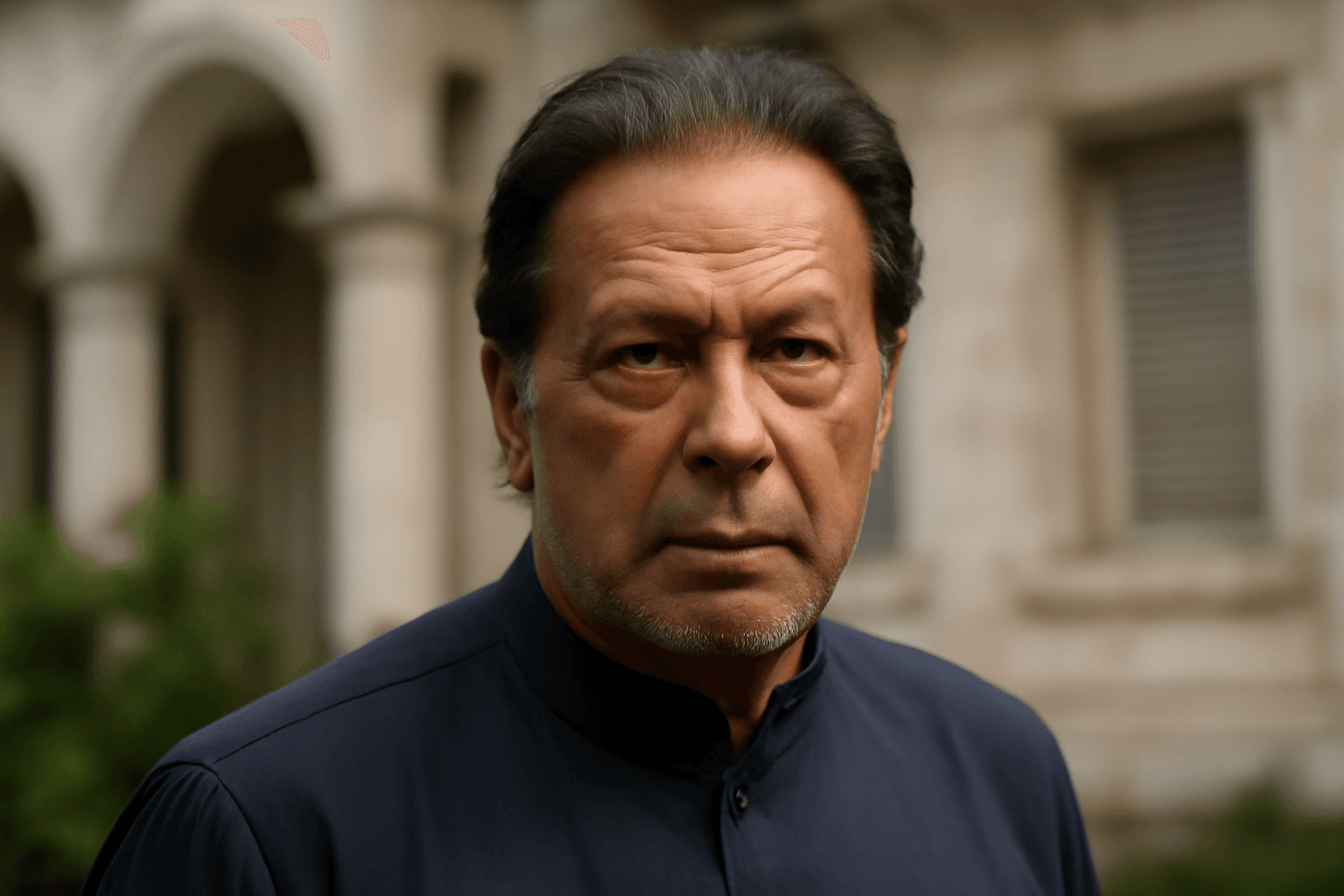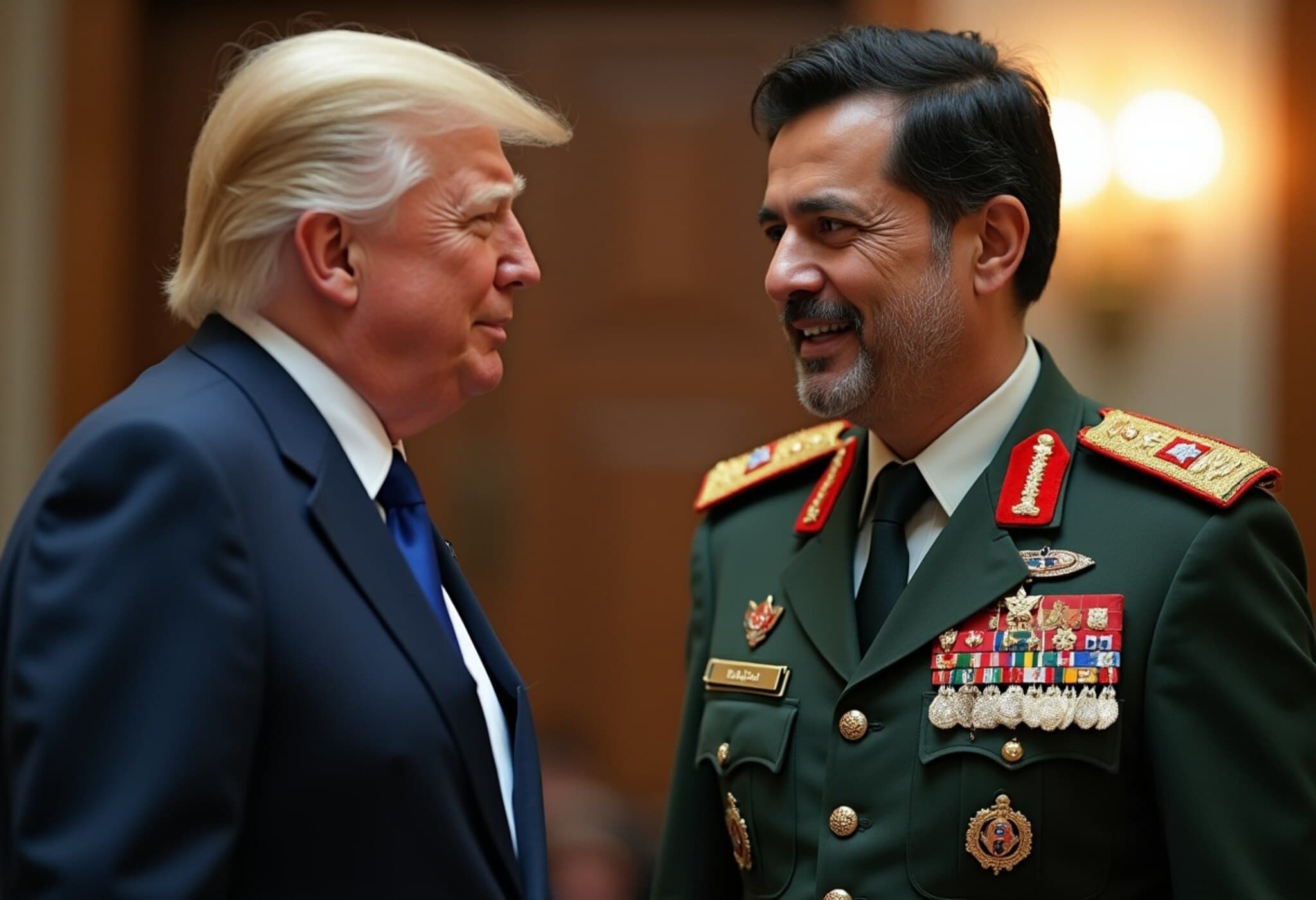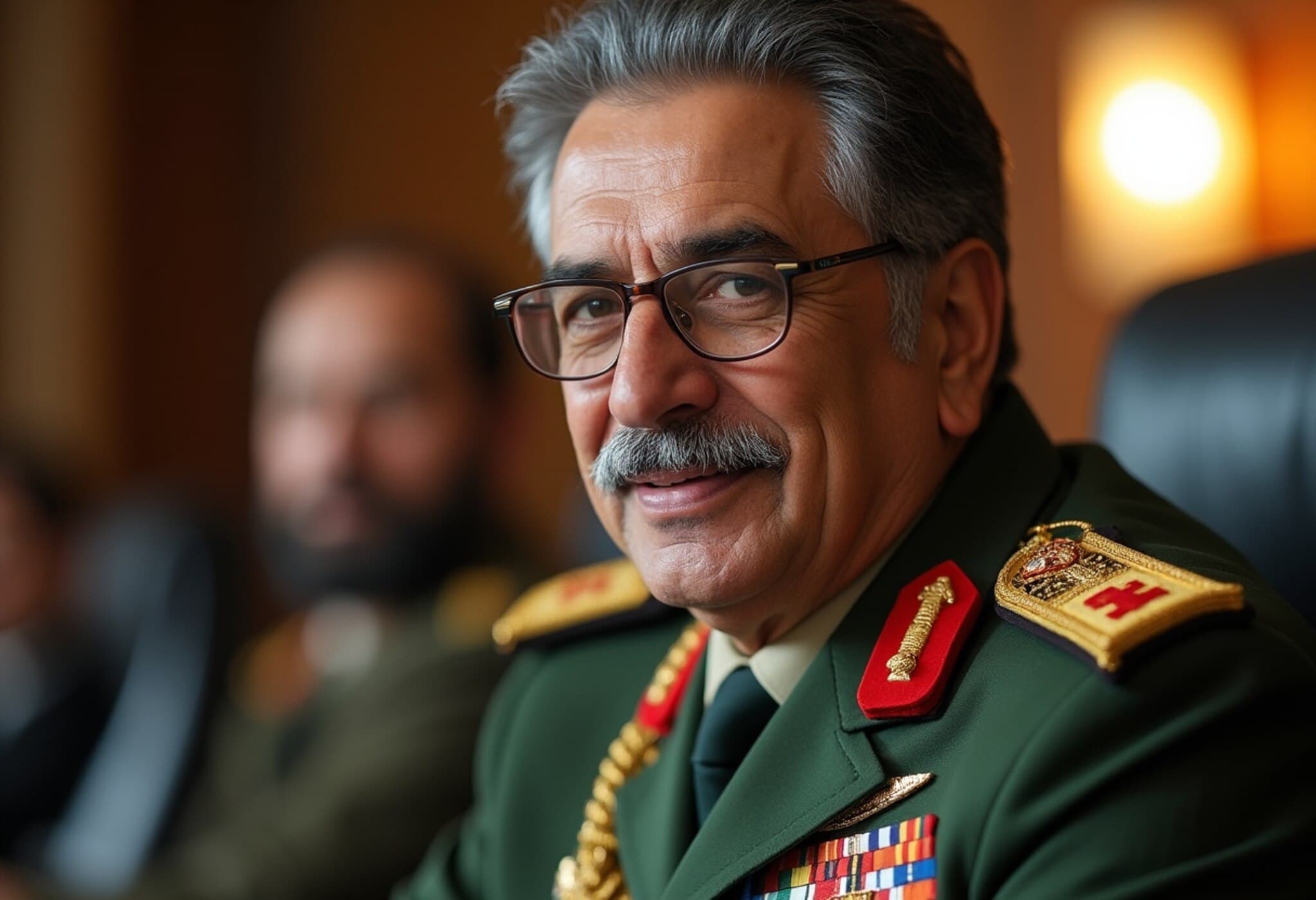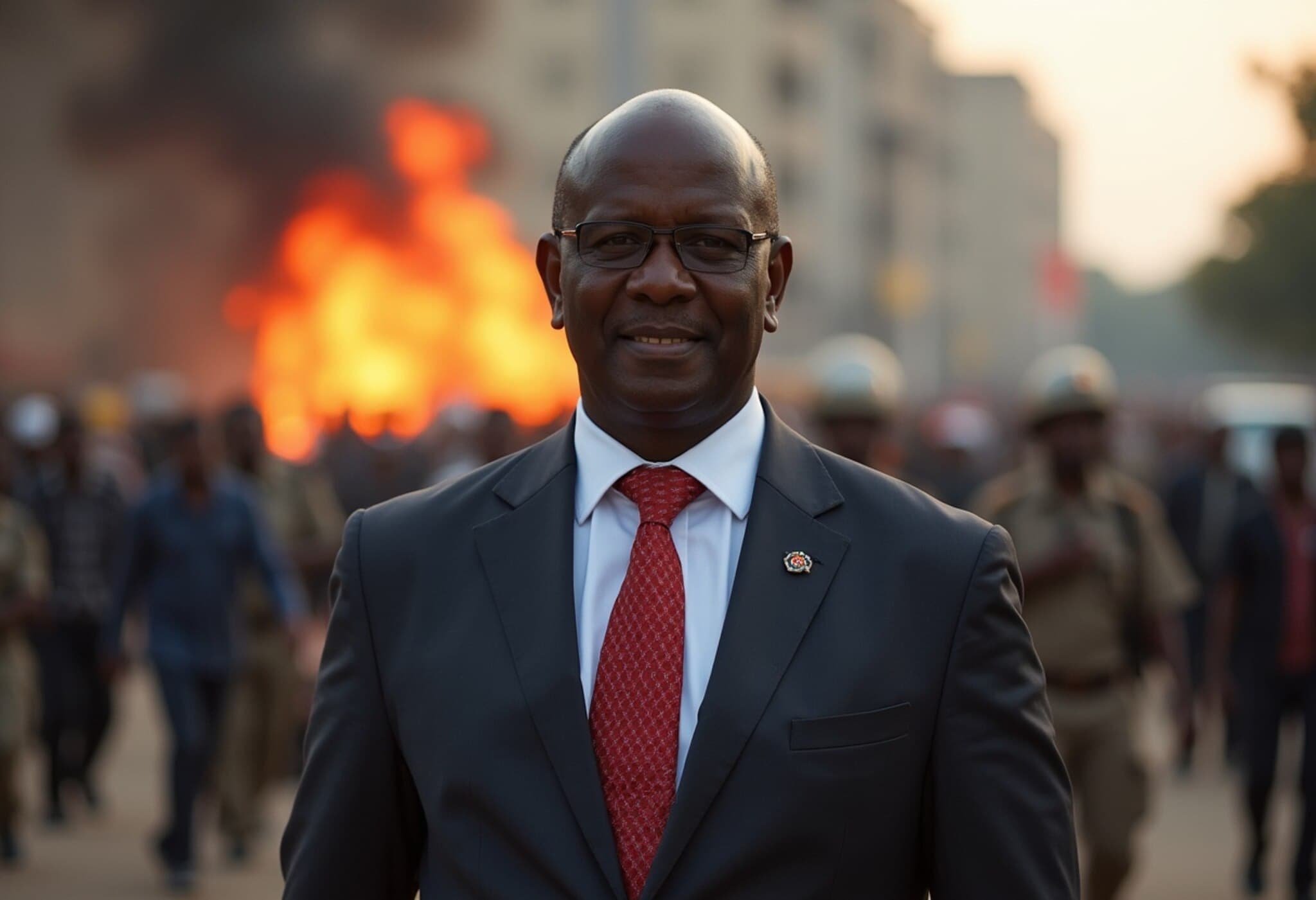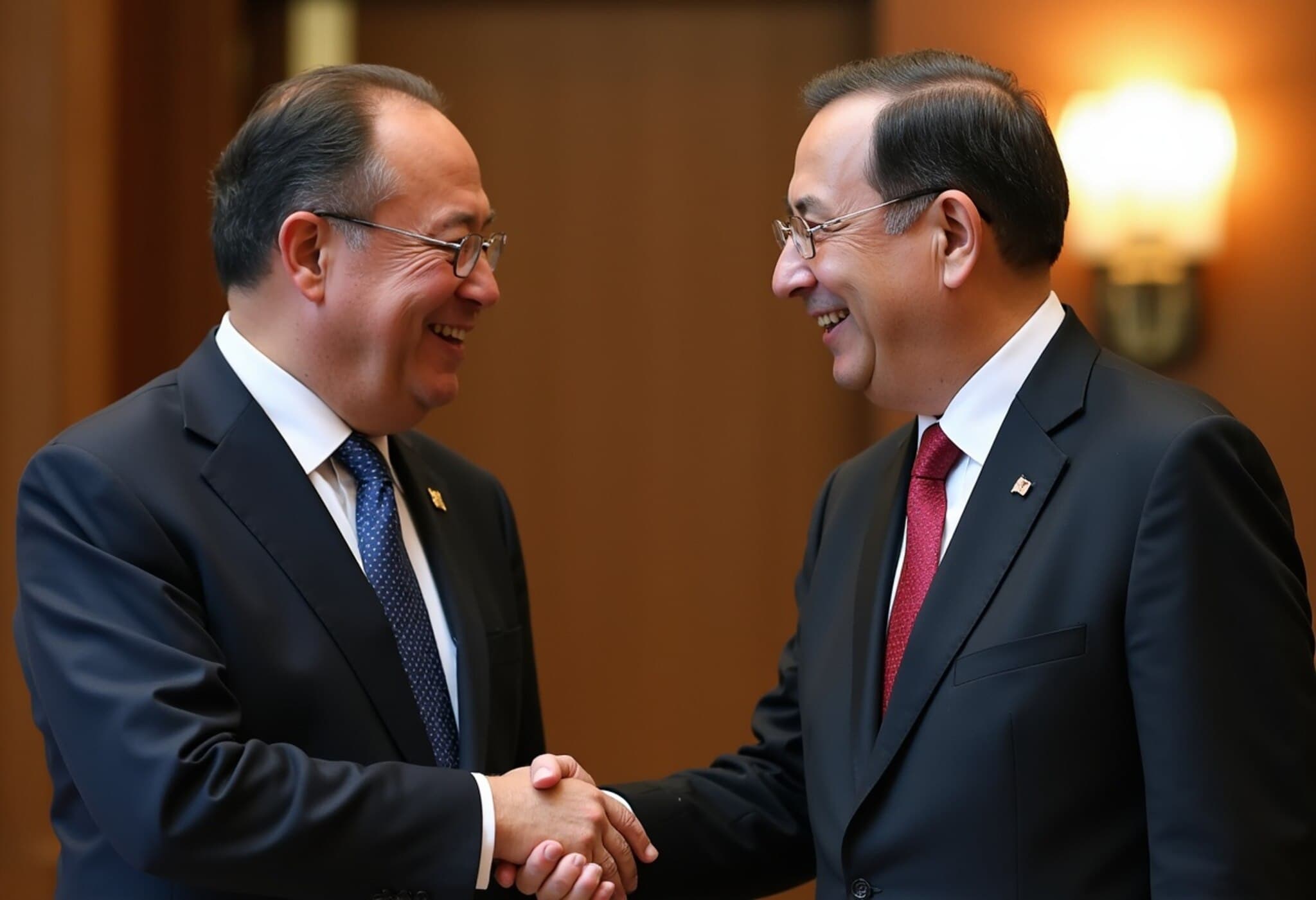Pakistan’s Interior Minister Mohsin Naqvi Rejects Resignation Rumors Surrounding President Zardari
In a fervent response aimed at quelling swirling speculation, Pakistan’s Interior Minister Mohsin Naqvi categorically dismissed recent claims suggesting that President Asif Ali Zardari has been asked to resign. Labeling these as a "malicious campaign," Naqvi sought to restore calm and clarity amid political turbulence.
Denouncing False Narratives Amid Political Unrest
Speaking on the social media platform X (formerly Twitter), Naqvi expressed deep frustration toward the forces he suspects to be behind the unfounded rumors. He stated unequivocally: “I have categorically stated that there has been no discussion, nor does any such idea exist about the president being asked to resign or the COAS aspiring to assume the presidency.”
He reinforced the notion that contrary to circulating gossip, the President enjoys a robust and “respectful relationship” with Pakistan’s military leadership, a key stabilizing factor in the country’s often fractious political landscape.
Highlighting Stability in Pakistan’s Civil-Military Relations
Field Marshal Asim Munir, the Chief of Army Staff (COAS), was notably described by Naqvi as being singularly focused on Pakistan’s security and institutional strength. The minister emphasized that any attempts to distort this reality only serve external hostile interests, stating: “To those involved in this narrative, do whatever you wish in collaboration with hostile foreign agencies. As for us, we will do whatever is necessary to make Pakistan strong again, InshAllah.”
Political Voices Support the President Amidst Speculation
Backing Naqvi’s assertions, PML-N Senator Irfan Siddiqui also publicly dismissed the reports as baseless. Speaking to Geo News, Siddiqui decried the rumors as “bogus, table stories” and pointed out that President Zardari has consistently upheld his constitutional duties without causing any governmental difficulties.
He further clarified the coalition dynamics, highlighting that the PML-N and the Pakistan Peoples Party (PPP) have cohesively worked together with no credible reason to destabilize the current system. “We have a coalition with the PPP. Why would we bring down this system?” Siddiqui observed.
Contextual Insight: Why This Matters
In the complex political environment of Pakistan, rumors of presidential resignations or military takeovers tend to have profound consequences, both domestically and internationally. Such speculations often shake investor confidence, unsettle diplomatic relations, and amplify fears of instability in a country with a history of civil-military tensions.
Naqvi’s direct repudiation serves as an important reminder of the delicate balancing act within Pakistan’s power structures. The intimate relationship between civilian leaders and the military remains a critical barometer for the nation’s democratic resilience and security outlook.
Underreported Angle: The Role of Information Warfare
What often gets less attention is the growing role of disinformation campaigns potentially orchestrated by foreign actors aiming to exploit Pakistan’s internal political divisions. The minister’s mention of “hostile foreign agencies” underscores the strategic dimension behind such rumors. These tactics contribute to undermining public trust and pressuring political figures unnecessarily.
- Disinformation targets public confidence and political stability.
- Rumors blur lines between legitimate dissent and destabilizing propaganda.
- Coordinated narrative assaults seek to weaken Pakistan’s standing at home and abroad.
Understanding the interplay between these narratives and genuine political discourse is essential for analysts and citizens alike to navigate the information landscape responsibly.
Looking Ahead
While the official denials help calm immediate fears, the persistence of such rumors points to underlying tensions within Pakistan’s political fabric. Observers should monitor how coalition dynamics evolve and whether these public affirmations translate into sustained stability.
Summary Box — Editor’s Note
What this episode reveals:
- The vital importance of clear, transparent communication by political leaders during times of uncertainty.
- The fragility of political coalitions in Pakistan’s multiparty environment.
- The challenges posed by misinformation campaigns and their impact on national security.
As Pakistan continues navigating complex internal dynamics and external pressures, the resilience of its institutions and the public’s ability to discern fact from fiction will be crucial. This episode serves as a case study in the ongoing struggle against disinformation and the preservation of democratic stability in South Asia.

